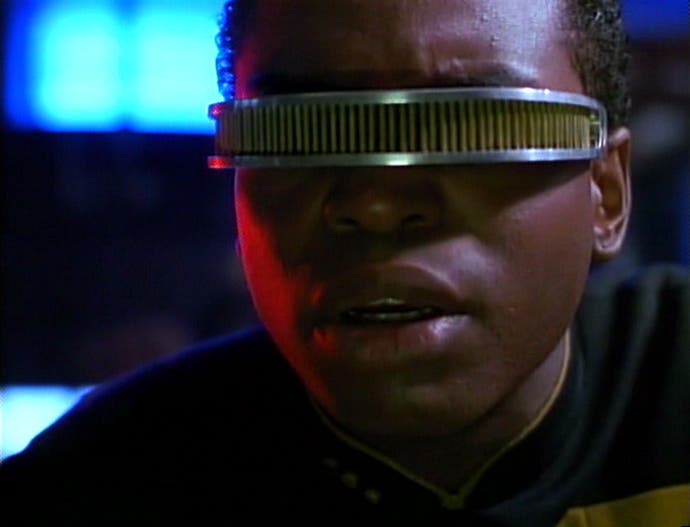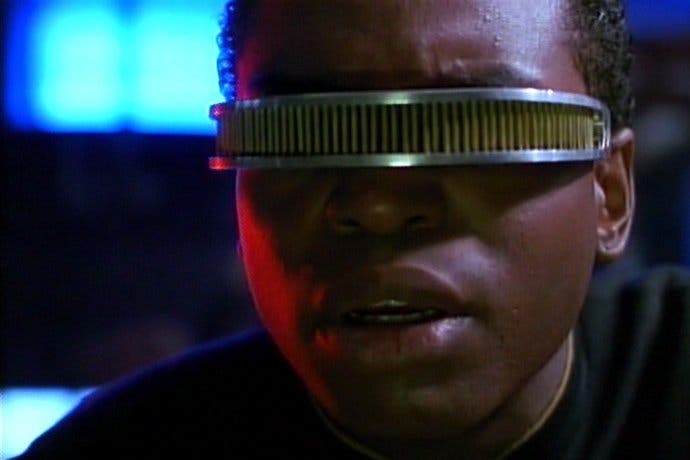Oculus and Samsung team up to make VR headsets - report
Both companies will develop their own, with help from each other.
Oculus and Samsung are allegedly uniting to develop VR headsets, according to a report by Endgadget.

According to the report, both companies are developing their own headsets - making them primarily competitors - but in a Professor X and Magneto sort of way, they both have something their opponent needs, so they've decide to trade information with one another.
Here's how it works: Samsung is developing the OLED screens that Oculus needs for its upcoming commercial version of the Rift. However, Oculus is developing the software that Samsung needs to complete its own VR headset. The idea is both companies will offer these services to one another with the idea that Samsung's model will come out first, while the Oculus Rift will be a higher-quality peripheral made specifically for gaming.
According to "sources close to both companies", the Samsung VR headset will use an early form of Oculus' mobile SDK, while the screens Samsung is providing the Rift will have a higher than 1080p resolution and will be used in upcoming cell phones.
Curiously, the Samsung VR headset is said to use the cell phone's screen projected within it by being plugged in to the mobile device. The headset itself will have an accelerometer and buttons for Home, Back and Recent Apps. Maybe more. Apparently the current dev kits use the Galaxy S4 phones, but the consumer version will run on more recent - and possibly not yet revealed - devices. It will also use the phone's rear-facing camera to show the outside world, which would be useful for more conveniently seeing one's surroundings when pausing a game.
The Samsung VR headset is also being touted as an all-around media device used for more than just gaming. Both demos Endgadget's sources cited didn't involve any interactivity - one simulated skydiving, and another jamming on a beach - suggesting that Samsung thinks media developed specifically for VR could catch on and be its own thing independent of gaming.
Oculus has declined to comment on this supposed alliance. It sounds like the companies' goals with VR are along different lines, so perhaps the headsets will have more of an apples and oranges relationship than initially thought. What do you make of this bizarre pairing?

